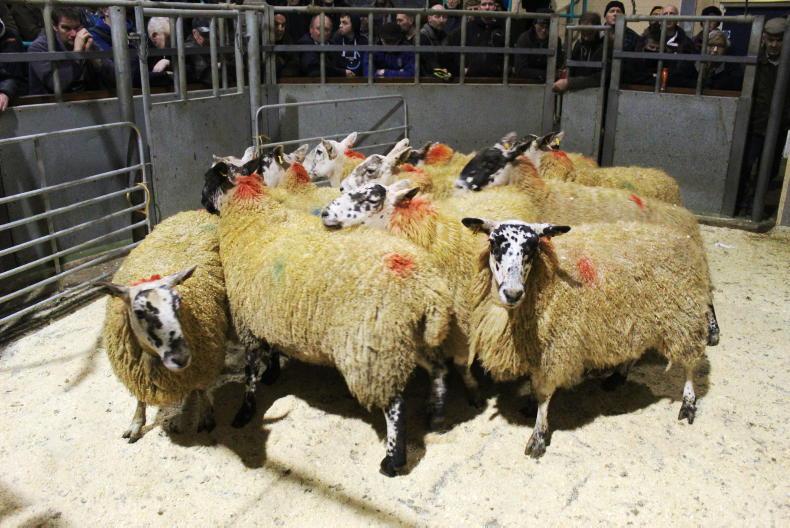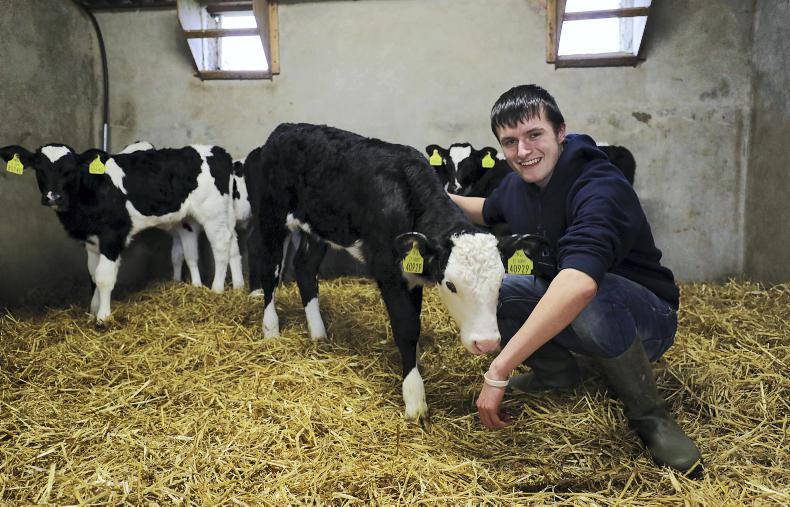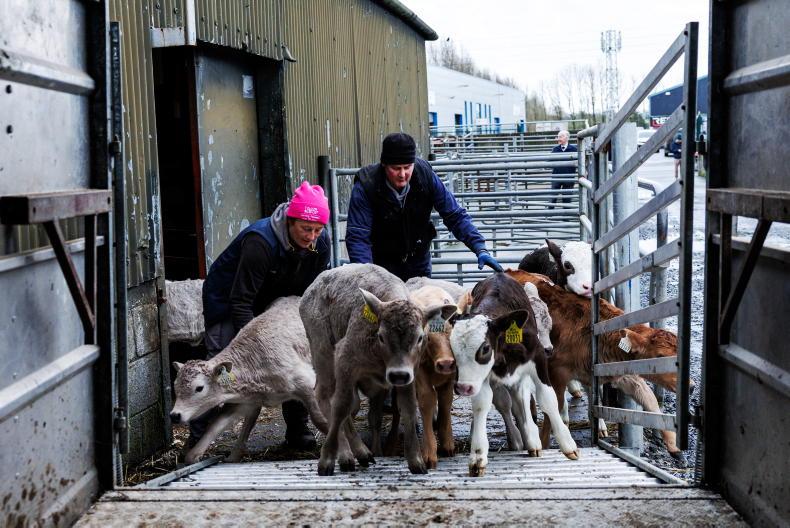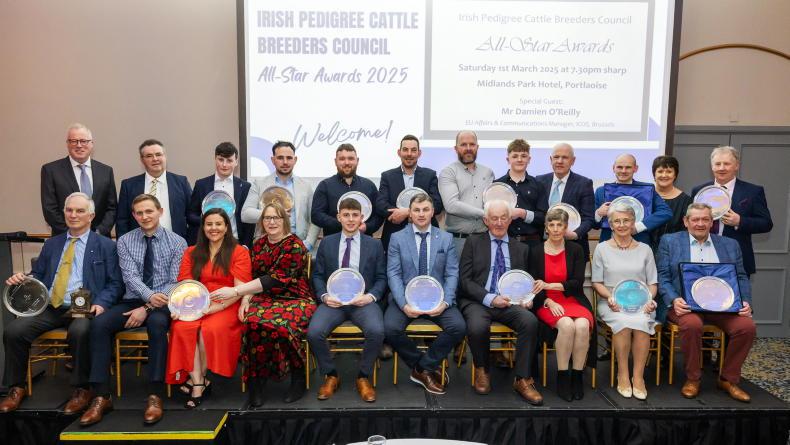November is when the production cycle on a hill sheep farm starts again. Ewes have been weaned for a couple of months and had a chance to get back in condition for tupping. As a result of the poor lambing, we have a lot of ewes that did not rear a lamb and they are in tremendous fettle, which is good considering the trials and tribulations of the last year. There’s a fair chance we’ll have more twins next year; nature has its own way of sorting out problems on a farm and compensating for losses incurred in the previous year.
About half the ewes on Dall are tupped in bye and are drawn to specific tups to produce tups to sell and our own use. The rest of the ewes at Dall and all the ewes at Duncroisk are tupped on the hill. We do not have the facilities to keep all the ewes in bye for tupping.
The weather is not too good just now. The hilltops are white with snow and while it helps bring the ewes down to the tups, it is not the environment that many of the bought tups are used to. That is why most of the tups we use on the hill are homebred, and hopefully hardier and fitter to do their job. We could really do with the next six weeks bringing open dry weather to let the tups get on with their work.
Tups
It is not surprising that many bought tups do not work properly when they are put to the hill. They usually end up standing back down the hill behind the dyke with no interest in tupping ewes, if they are lucky. If they are unlucky, they just lie down and die. I think tup breeders have to consider more about the environment the tups they breed will have to work in, when they are preparing them for sale. The Blackface breed is after all a hill sheep that is supposed to be hardy, able to survive and reproduce in what can at times be a very harsh unforgiving environment.
On the selling front, our own tups sold fairly well. At Stirling, we had a good clearance of tup lambs to average £460. The two and three shears sold well at Dalmally, Fort William and Portree, with many going to previous buyers.
The haulage sector of our business has been fairly busy with sheep and cattle sales throughout the country for the last two months. The fact that lambing percentages were down has been reflected in the numbers we have hauled. Every year there are a couple of sheep flocks and cattle herds being dispersed, and this can only have detrimental effects on businesses that rely on them for work or trade.
Brexit is the other main topic of concern just now. Like most people, I am sick of listening to politicians from both sides who, in my mind, are scaremongering and following their own agendas more than looking to the good of the country as a whole. I voted to leave the EU, but am seriously concerned at the botch-up being created with the negotiations between leavers, remainers, and the rest of Europe. It looks as though the rural industries, fishing and farming, may lose out in the long term, with the support and help they need being traded off in some political game. I do not like the current ‘subsidy’ system, nor did I have much time for the previous one either. Payment systems should not be area-based, instead be set up to ensure that those who are actively farming benefit, and the payments introduced to their business encourage positive production.
LFASS
As a hill farmer, I am more concerned about the future of the LFASS payment and its successor. It is equally or more important than the BPS payment to those of us farming in areas that are termed as ‘less-favoured’. This was highlighted at a recent NFUS board meeting with Forth & Clyde and Argyll & Lochaber, where the future of hill farming in those harsher areas was heavily dependent on support. There we saw the difficulties of trying to produce and rear livestock on hill land. The rest of the country does not realise the problems hill farmers have with predators like sea eagles, badgers and foxes. The effects of increased predation on those hill farms left is only going to get worse, in turn reducing the financial and practical viability of these farms. This has a knock-on effect on rural communities and businesses that depend on agriculture in their area. Somewhere along the line, our politicians must realise that farmers and agriculture need to be there to maintain the countryside in a way that allows everyone to enjoy its benefits.








SHARING OPTIONS